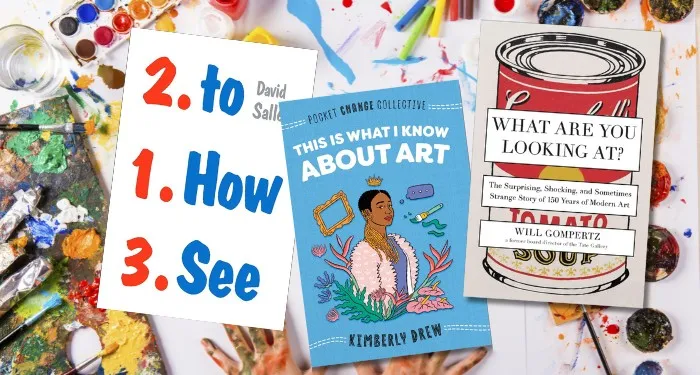Thomas Hardy (1840-1928) was an English novelist who wrote such classics as Tess of the d’Urbervilles, Far from the Madding Crowd, Jude the Obscure, and The Woodlanders. He was also a poet (Wessex Poems) and short story writer. Hardy’s collection of ten or so short stories is compiled in The Fiddler of the Reels & Other Stories, Penguin Classics, and I am sharing my thoughts on three of them from this collection below.

The Fiddler of the Reels [1893] – ★★★★
“Crowds of little chromatic subtleties, capable of drawing tears from a statue, proceeded straightway from the ancient fiddle, as if it were dying of the emotion which had been pent up within it ever since its banishment from some Italian city where it first took shape and sound…” (Thomas Hardy).
This is a story about eccentric fiddler “Mop” Ollamoor who can make any woman swoon with his almost devilish in its effectiveness fiddle-playing, and one of the “victims” who fell for his charm is young woman Car’line Aspent of Stickleford, who is already engaged to Ned Hipcroft, a mechanic. What began as one-sided romance soon morphed into something else – something more. We see in this story Hardy’s common love triangle – a woman chooses between a down-to-earth, hard-working man of practicality (Ned) and a visually-striking, albeit unreliable, man of shiny appearances and whimsies of all kinds (“Mop”). Hardy writes with elegance, passion and humanism, and this heart-breaking story that is also set against the backdrop of the Great Exhibition of 1851 reminds very much of his other, heavier tragedies. Even in his short stories, Thomas Hardy can provoke us, surprise greatly, and deeply move.
A Tragedy of Two Ambitions [1894] – ★★★★
Two brothers, Cornelius and Joshua Halborough, had a humble upbringing, but set their minds to become high-ranking clergy, so went out into the world with this purpose, while carrying for their younger sister, Rosa. Their good-for-nothing, heavy-drinking father seems to be the only impediment to their success in life, especially since he also once stole their inheritance (the money left for their studies by their late mother) and now also married a gypsy. No person can become a respectable member of the clergy if they have such a wayward father, the brothers think. Now that their father arrives from Canada and hears that Rosa is about to marry a well-to-do farmer, young widower Fellmer, the brothers are horrified that the man could spoil their future plans for life and finally spot a chance to put a distance between themselves and their father once and for all. But, how to live with the horrifying consequences and the suffocating secret?
Since this is a short story, Hardy evidently compressed big events, like his characters crossing countries, into almost guesses to be made as we read on, which may cause some confusion, and the ending is almost anticlimactic, but this is still one vivid tale with Jude the Obscure-inspired characters and thought-provoking themes of destiny, societal standing and limitless individual ambition.
A Changed Man [1913] – ★★★★
This is a vivid tale of disillusionment, marriage troubles, and coming to terms with one’s predicament. At the heart of this story is Hardy’s usual theme of spirituality/morality battling materialism/frivolity. Dashing Captain Maumbry is a coveted bachelor in town until his marriage to Laura, the town’s worldly coquette. After the marriage, Maumbry becomes friends with local priest Mr Sainway, who has been working on his military friend’s mind for some time, undoubtedly instructing it on religious matters. Then, suddenly and unexpectedly to all, Captain Maumbry declares that he would like to become his town’s new curate. Naturally, this development does not sit well with Laura, who sees the prestige only in being married to some handsome military man. By the end, the story may as well be titled A Changed Woman, and I detected more than a whiff here of what would later become Maugham’s The Painted Veil.


















 English (US) ·
English (US) ·